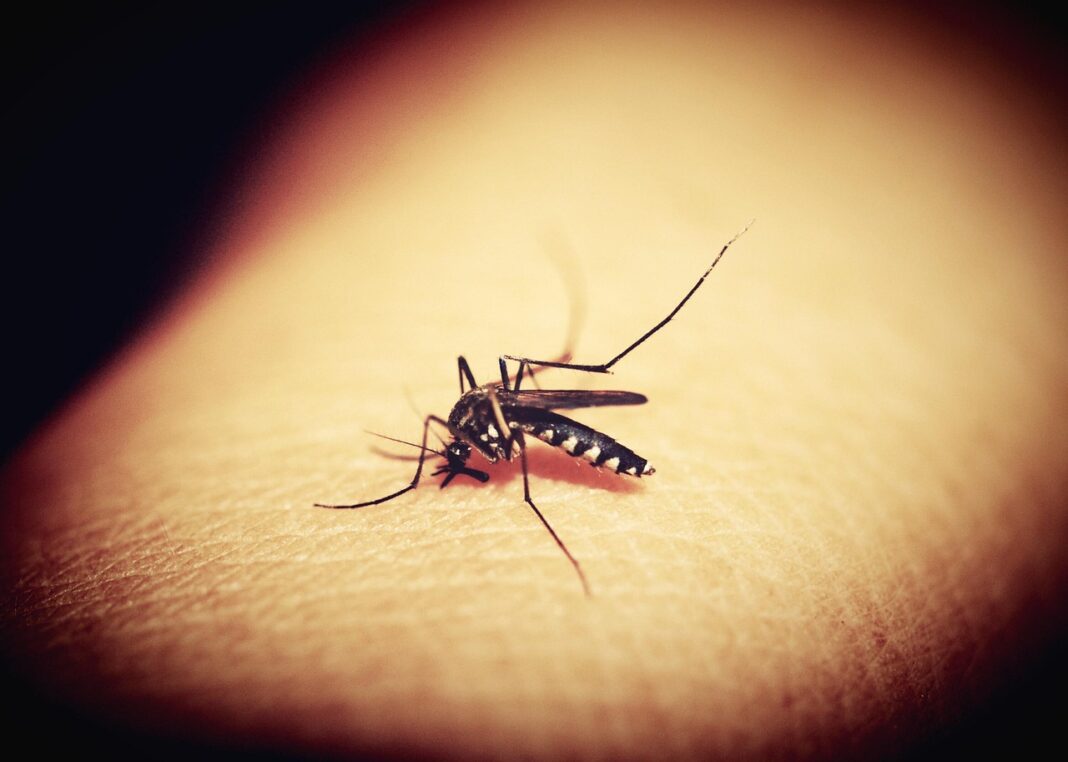As our beloved furry companions gracefully age, their nutritional needs undergo significant changes. Understanding these shifts and adapting their diet is crucial for ensuring their health, vitality, and overall well-being in their golden years. A carefully tailored senior pet diet can address age-related challenges, support organ function, and help them maintain a comfortable and active lifestyle. This guide will explore the key aspects of senior pet nutrition, offering practical advice to help you provide the best possible care for your aging dog or cat.
Understanding Senior Pet Nutritional Needs
Metabolic Changes in Senior Pets
Senior pets experience a slowdown in their metabolism, meaning they may require fewer calories to maintain a healthy weight. Muscle mass naturally declines with age, a process known as sarcopenia. This can lead to decreased strength and mobility.
- Reduced Energy Needs: Senior pets typically require about 20% fewer calories than their younger adult counterparts.
- Sarcopenia: Loss of muscle mass requires increased protein intake to help maintain muscle condition.
- Decreased Digestive Efficiency: The digestive system may become less efficient at absorbing nutrients.
For example, a Labrador that thrived on 1500 calories a day at age 5 may only need 1200 calories a day at age 10 to maintain a healthy weight.
Common Health Concerns in Senior Pets
Age-related health issues often necessitate specific dietary adjustments. Addressing these concerns proactively through diet can significantly improve your pet’s quality of life.
- Kidney Disease: Reduced phosphorus and moderate protein levels are often recommended.
- Arthritis: Omega-3 fatty acids can help reduce inflammation and improve joint health.
- Dental Problems: Softer food options or moistened kibble may be necessary for pets with dental issues.
- Cognitive Dysfunction: Diets enriched with antioxidants and specific nutrients can support brain health. Studies show that diets supplemented with antioxidants, mitochondrial cofactors, and B vitamins can improve attention and memory.
Key Nutrients for Senior Pets
Protein
Despite previous recommendations to drastically reduce protein intake in older pets, especially those with kidney concerns, current veterinary research emphasizes the importance of maintaining adequate protein levels. This helps prevent muscle loss and supports overall health. High-quality protein sources are essential.
- Quality over Quantity: Focus on easily digestible protein sources like chicken, fish, and eggs.
- Muscle Maintenance: Aim for a diet that supports muscle mass without placing undue stress on the kidneys (moderate protein).
Fiber
Fiber plays a crucial role in digestive health. It aids in regulating bowel movements, preventing constipation, and can help manage weight by promoting a feeling of fullness.
- Digestive Health: Fiber supports healthy gut bacteria and promotes regular bowel movements.
- Weight Management: High-fiber diets can help senior pets feel fuller for longer, aiding in weight control.
- Examples: Common fiber sources include beet pulp, pumpkin, and psyllium husk.
Fats
Healthy fats, particularly omega-3 and omega-6 fatty acids, are vital for maintaining skin and coat health, reducing inflammation, and supporting cognitive function.
- Skin and Coat Health: Omega-3 and omega-6 fatty acids contribute to a shiny coat and healthy skin, reducing dryness and itchiness.
- Anti-inflammatory Properties: Omega-3 fatty acids, such as EPA and DHA, have potent anti-inflammatory effects, beneficial for pets with arthritis. Studies show that omega-3 supplementation can reduce pain and improve mobility in arthritic dogs.
- Cognitive Support: DHA is crucial for brain health and can help slow cognitive decline in senior pets.
- Sources: Fish oil, flaxseed oil, and sunflower oil are excellent sources of essential fatty acids.
Vitamins and Minerals
Supplementation with certain vitamins and minerals can help address specific age-related deficiencies and support overall health.
- Antioxidants: Vitamins E and C, as well as selenium, help protect cells from damage caused by free radicals.
- Joint Support: Glucosamine and chondroitin sulfate can help maintain cartilage health and reduce joint pain.
- Digestive Enzymes: Supplementing with digestive enzymes can help improve nutrient absorption.
Choosing the Right Senior Pet Food
Reading the Label
Understanding how to interpret pet food labels is essential for making informed choices. Pay close attention to the ingredient list, guaranteed analysis, and feeding guidelines.
- Ingredient List: Ingredients are listed in descending order by weight. Look for high-quality protein sources as the primary ingredients.
- Guaranteed Analysis: This section provides information on the minimum or maximum percentages of protein, fat, fiber, and moisture.
- AAFCO Statement: Look for a statement from the Association of American Feed Control Officials (AAFCO) confirming that the food provides complete and balanced nutrition for the appropriate life stage.
Wet vs. Dry Food
The choice between wet and dry food depends on your pet’s individual needs and preferences.
- Wet Food: Higher moisture content can be beneficial for pets with kidney disease or those who don’t drink enough water. It’s often easier to chew for pets with dental issues.
- Dry Food: Can help maintain dental health by reducing tartar buildup. Generally more economical and convenient for storage.
A combination of wet and dry food can offer the benefits of both.
Transitioning to a Senior Diet
Gradually transition your pet to a senior diet to avoid digestive upset. Mix increasing amounts of the new food with decreasing amounts of the old food over a period of 7-10 days.
- Day 1-3: 25% new food, 75% old food
- Day 4-6: 50% new food, 50% old food
- Day 7-10: 75% new food, 25% old food
- Day 11: 100% new food
Monitoring and Adjusting Your Senior Pet’s Diet
Regular Veterinary Checkups
Regular veterinary checkups are essential for monitoring your senior pet’s health and identifying any potential dietary needs. Your veterinarian can assess their weight, body condition, and overall health, providing personalized recommendations for their diet.
Weight Management
Maintaining a healthy weight is crucial for senior pets. Obesity can exacerbate joint problems and increase the risk of other health issues. On the other hand, being underweight can lead to muscle loss and weakness.
- Regular Weigh-ins: Monitor your pet’s weight regularly and adjust their food intake as needed.
- Body Condition Scoring: Learn how to assess your pet’s body condition score to determine if they are at a healthy weight.
- Adjusting Portions: Adjust food portions based on your pet’s activity level and weight changes.
Adjusting for Specific Health Conditions
If your senior pet has specific health conditions, such as kidney disease, diabetes, or arthritis, your veterinarian may recommend a specialized diet tailored to their needs. Close collaboration with your vet is key to managing these conditions effectively through diet.
Conclusion
Providing a well-balanced and tailored diet for your senior pet is a cornerstone of ensuring their health, comfort, and longevity. By understanding their changing nutritional needs and making informed choices about their food, you can help them thrive in their golden years. Remember to work closely with your veterinarian to monitor their health and adjust their diet as needed, ensuring they receive the best possible care throughout their senior life stage. With careful attention to their diet and overall well-being, you can help your beloved companion enjoy a happy and healthy life for years to come.



